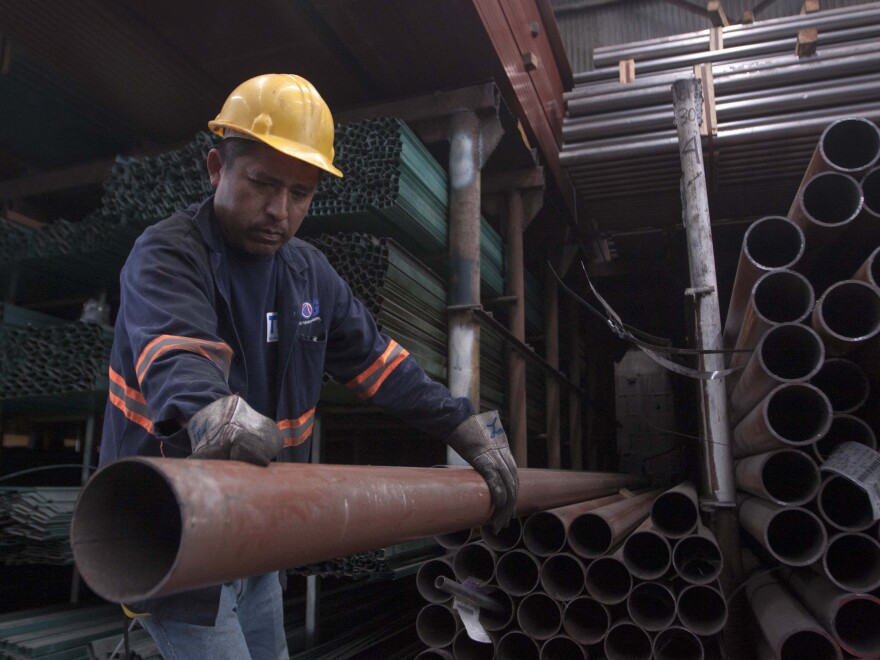Updated @ 4:06 PM EDT on July 31, 2025
As trade talks continue, President Trump says he will postpone imposing tariffs on Mexico. As nations worldwide rush to negotiate and comprehend new tariff rates that will take effect on Friday, the announcement was made.
Trump reported having a “very successful” talk with Mexican President Claudia Sheinbaum on Thursday morning.
“The complexities of a Deal with Mexico are somewhat different than other Nations because of both the problems, and assets, of the Border,” Trump tweeted on Truth Social. “We have agreed to extend, for a 90 Day period, the exact same Deal as we had for the last short period of time, namely, that Mexico will continue to pay a 25% Fentanyl Tariff, 25% Tariff on Cars, and 50% Tariff on Steel, Aluminum, and Copper.”
Mexico has committed, Trump continued, to “immediately terminate its Non Tariff Trade Barriers.” He didn’t say what those obstacles were. Delays in the approval of medications and medical devices are among the reasons why U.S. goods are not allowed in Mexico, according to a March report from the Office of the U.S. Trade Representative.
According to Trump, the United States hopes to conclude a deal with Mexico, which is now its biggest trading partner, within the next ninety days “or longer.”
In a quick post on X, Sheinbaum acknowledged the extension and reaffirmed that the call with Trump was excellent. She did not, however, mention any modifications to the nontariff trade obstacles that Trump had mentioned in his article.
According to Sheinbaum, Mexico has “the best deal possible” in comparison to other nations who are negotiating tariffs with Trump. There isn’t a formal meeting with Trump planned, she noted, but they will communicate again as the new 90-day deadline approaches.
“Our strategy of keeping a cool head, strength and firmly defending our principles has worked,” Sheinbaum stated.
The announcement is made just one day before Trump set a broad deadline to negotiate trade agreements throughout the globe. Although the Trump administration has consistently changed the dates for different agreements and the expectations for the treaties’ scope, they emphasized that the August 1 deadline would be strict. Many nations are unaware of how or when new rates will take effect as a result of this ambiguity. As they wait to see how tariffs might alter, it has also made planning challenging for American companies.
This item was contributed to by reporter Andrea Salcedo.
Copyright 2025 NPR






